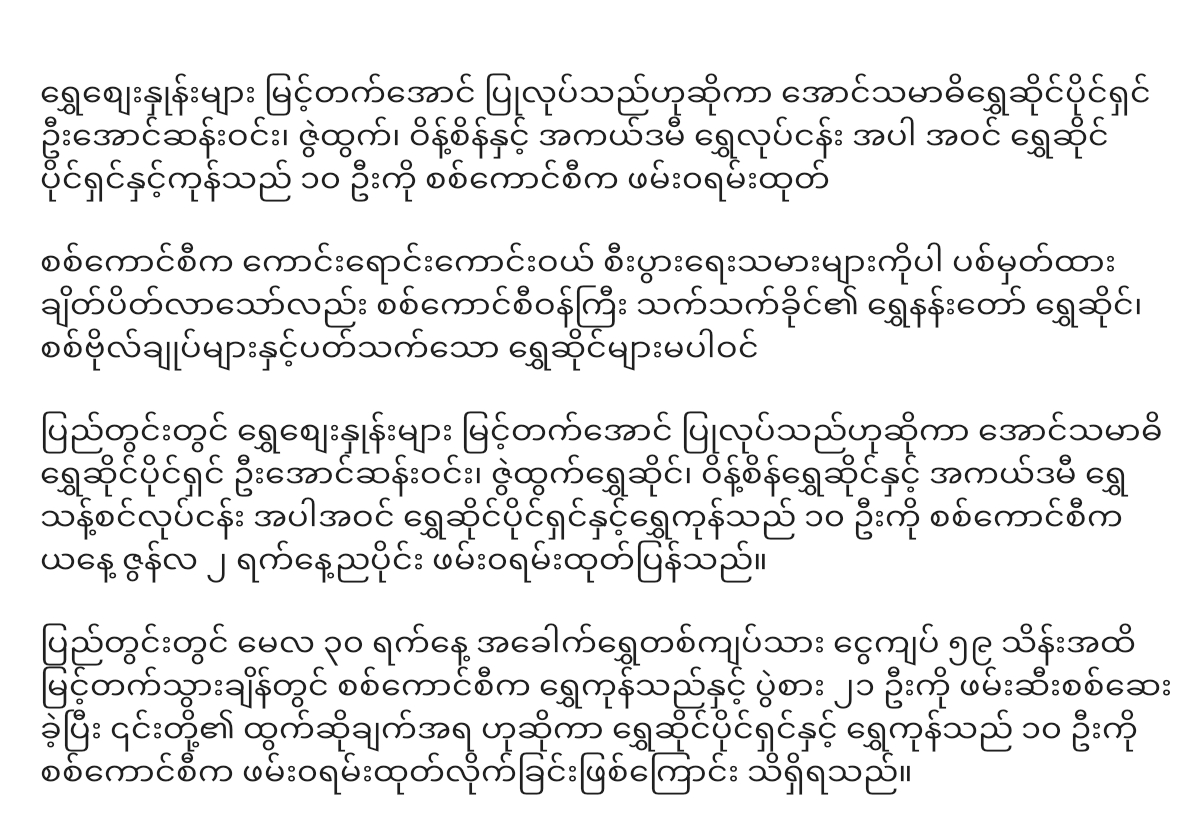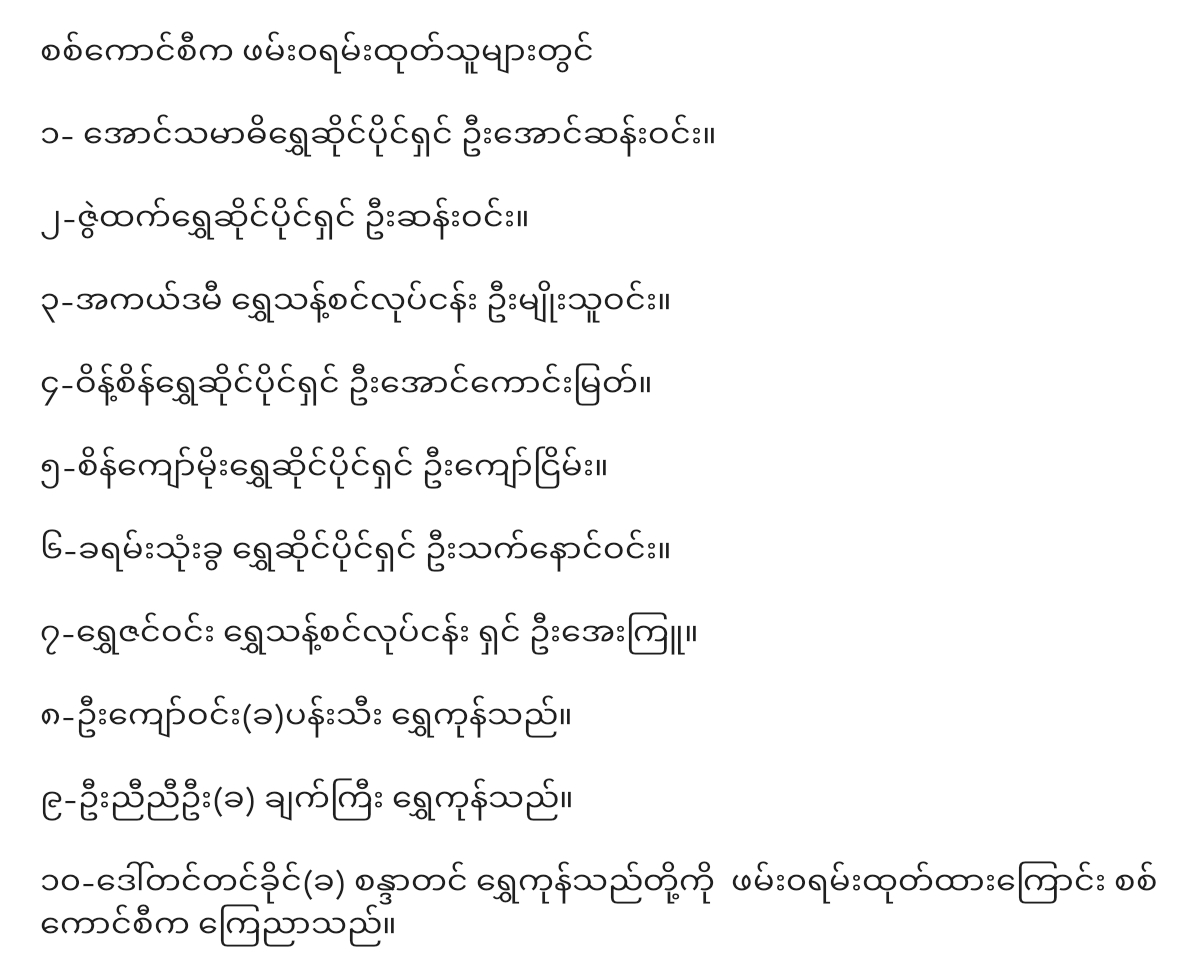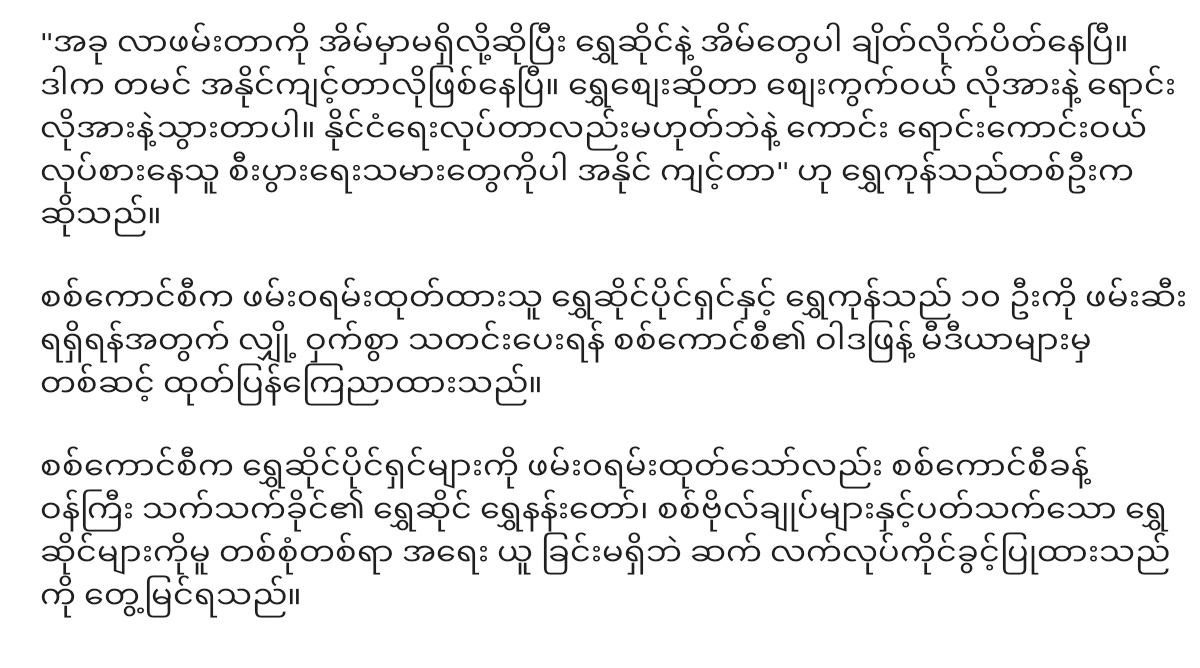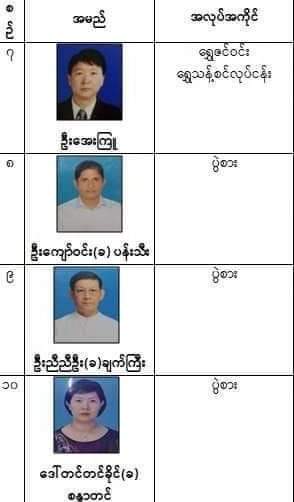One of the most unique insights about human behavior and cognition is the concept of cognitive biases.
These biases are systematic patterns of deviation from norm or rationality in judgment, which often occur because the brain relies on heuristic shortcuts to make decisions.










Understanding cognitive biases reveals how our minds work in ways that are not always logical or optimal, influencing our perceptions, decisions, and interactions in profound ways.
For example, the confirmation bias is the tendency to search for, interpret, and remember information in a way that confirms one’s preconceptions. This bias affects how people gather information and how they interpret it, often leading to reinforcing their existing beliefs rather than challenging them with new evidence. Another well-known cognitive bias is the anchoring effect, where individuals rely too heavily on the first piece of information they receive (the “anchor”) when making decisions, even if that information is irrelevant.
These insights into cognitive biases have wide-ranging implications. They help explain why people hold onto incorrect beliefs, why financial markets can behave irrationally, why negotiations often fail, and why people may make poor decisions under uncertainty. By recognizing these biases, individuals and organizations can develop strategies to mitigate their impact, leading to better decision-making processes.
The study of cognitive biases has also influenced various fields such as behavioral economics, psychology, and marketing, shedding light on human nature and improving methods for influencing and predicting human behavior.